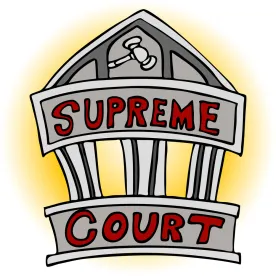In a unanimous decision authored by Justice Sotomayor on February 26, 2019, the Supreme Court held that the 14-day deadline to seek permission to appeal a decision granting or denying class certification under Federal Rule of Civil Procedure 23(f) cannot be extended through the doctrine of equitable tolling. Nutraceutical Corp. v. Lambert, No. 17-1094, 586 U.S. ___ (2019).
The Court reversed the Ninth Circuit’s decision, which had accepted a petition filed more than 14 days after the trial court’s decertification order, because the plaintiff had “acted diligently.”
Although the Supreme Court confirmed that Rule 23(f)’s time limitation is not jurisdictional in nature, the Court held that it is a claim-processing rule that is “unalterable” if properly raised by an opposing party. The Court then examined the text of the governing rules and concluded that the Federal Rules of Appellate Procedure, particularly, Appellate Rule 26(b), express “a clear intent to compel rigorous enforcement of Rule 23(f)’s deadline, even where good cause for equitable tolling might otherwise exist.”
As a result, the Supreme Court held that equitable tolling could not salvage the plaintiff’s untimely Rule 23(f) petition and reversed the Ninth Circuit’s decision on the underlying appeal. This decision confirms what attorneys have generally understood the rule to be pertaining to deadlines for Rule 23(f) petitions, but nonetheless conclusively resolves any question as to whether equitable tolling may extend that deadline.





 />i
/>i

